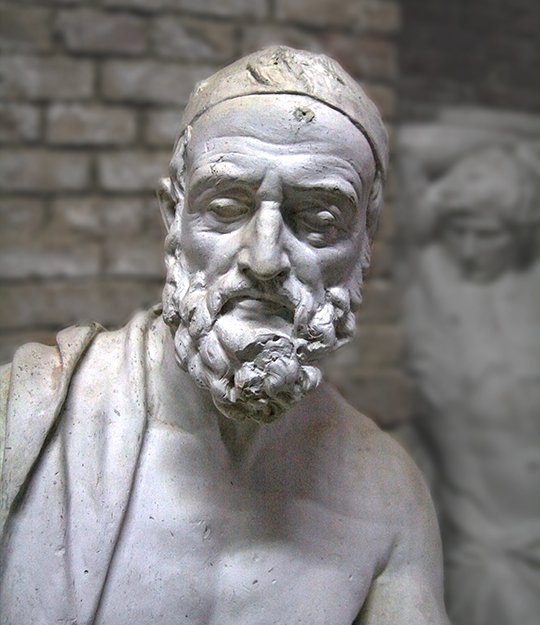- About Us
- Latest News
- Calendar
- Education
- School History
- ELA - For Toddlers
- Greek as a Second Lang.
- Greek as a Primary Lang.
- Conversational Skills (Online)
- Online Greek Courses
- Greek for Adults
- Ancient Greek
- Open Seminars
- Creative Drama
- Traditional Greek Dance
- Apply to Teach
- Holiday Program Enrolment
- Excursion - Museum
- School Polo Order Form
- Parent Notice to School
- Community Churches
- Membership
- Greek Centre
Greek Orthodox Community of Melbourne and Victoria
Event

- Title:
- Open Lecture: Polybius and the Roman Polity: a Perfect Balance?
- When:
- 15.05.2014 19.00 h
- Where:
- The Ithacan Philanthropic Society - Melbourne
- Category:
- Education
Description
Presenter: Frederik J. Vervaet
Entry: Free
Synopsis
Polybius, an Achaean aristocrat whose eventful life spanned much of the turbulent second century BCE, continues to enjoy fame and admiration for being the first ancient Greek historian to write an extensive history of the Roman Republic: the so-called Histories.
As many would appreciate, he also was the first Western historian to produce a genuine theory of history centered around the concept of cyclical rise and demise.
Less well known is that his interpretation of the Roman polity had a profound impact on both Roman and modern political thought.
In this paper, we will first briefly discuss the man's life and times, followed by a survey of his famous theory of constitutional history as applied to Rome especially.
This, then, sets the stage for an appraisal of his lasting legacy, all the way from Cicero over the French Revolution to the American Founding Fathers and contemporary US, and, for that matter, Australian politics.
Bibiography
Frederik J. Vervaet (PhD Ghent University) is a Senior Lecturer in Ancient History at the University of Melbourne and specializes in Roman socio-institutional and political history, and Roman public law. He was a Research Fellow of the Research Foundation Flanders, Francqui Fellow of the Belgian American Educational Foundation at the University of California, Berkeley, Visiting Scholar at Wolfson College, Oxford, and Visiting Fellow of the Belgian Historical Institute in Rome at the Academia Belgica.
Sponsors
We would like to thank Kypros Kyprianou for sponsoring this lecture. Such initiatives assist us in providing these lectures free to the public.
If you would like to participate as a sponsor from as little as $100 please send us an email: This e-mail address is being protected from spambots. You need JavaScript enabled to view it
Venue
- Venue:
- The Ithacan Philanthropic Society - Website
- Street:
- Level 2, 329 Elizabeth Street
- Postcode:
- 3000
- Suburb:
- Melbourne
- State:
- VIC
- Country:
-

In October 1916, the Ithacan migrants of Melbourne established the ITHACAN PHILANTHROPIC SOCIETY "The Ulysses", with an inaugural membership of some 153 members. This was in response to pleas for aid from their loved ones in Ithaca who were suffering deprivation during the First World War.
Over the years, however, the Society has been much more than just a philanthropic institution. It has been a constant in the lives of the early Ithacan migrants replacing the homeland which they had left.
The Society takes an active role in the cultural, social, educational and quality of life interests of the Ithacan Community. The Society, as part of its philanthropic role, also makes many monetary contributions to worthy causes, including those outside the immediate Ithacan community. The Society celebrated its 90th Anniversary in 2006.
EventList powered by schlu.net



